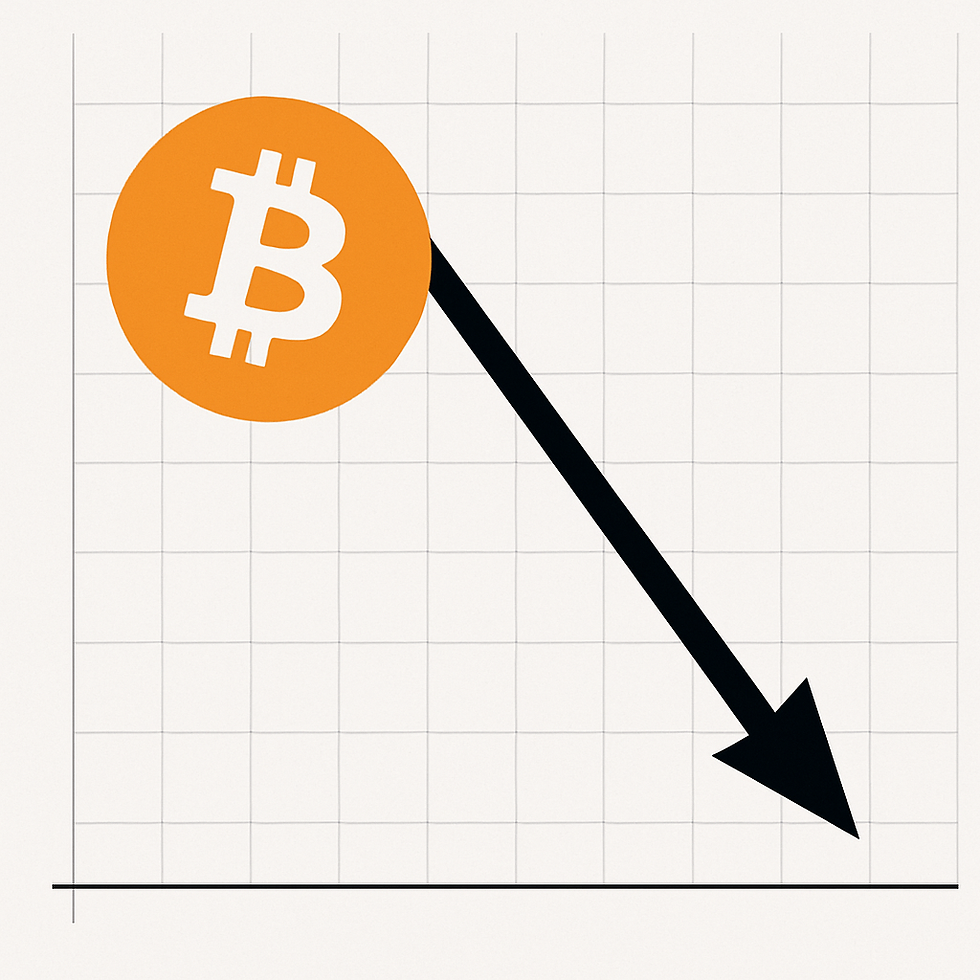Unveiling the Controversial Figure: Dissecting the Case of Disgraced Academic David Miller
- WireNews

- Mar 28, 2024
- 4 min read
Updated: Oct 13, 2024
by Ram ben Ze'ev

In the realms of academia, where knowledge is revered and integrity is paramount, controversies often arise when these principles are compromised. One such controversy that has recently rocked the academic world involves the figure of David Miller, whose actions and statements have stirred widespread condemnation and ignited fierce debates on the boundaries of academic freedom and responsibility.
Miller is a British sociologist whose research and publications focus on Islamophobia and propaganda. Miller has been the Professor of Sociology at the University of Strathclyde (2004–2011) and the University of Bath (2011–2018) and was Professor of Political Sociology at the University of Bristol (2018–2021). He is also the co-founder and co-director of the non-profit company Public Interest Investigations (PII).
Miller found himself at the centre of a storm of criticism due to his controversial remarks and alleged promotion of antisemitic tropes. His case epitomises the complexities surrounding freedom of expression, academic responsibility, and the ethical boundaries that scholars must navigate in their pursuit of knowledge dissemination.
Miller's downfall began with his public statements, particularly concerning Israel and its perceived influence on British politics. He faced severe backlash for allegedly espousing conspiracy theories and promoting antisemitic narratives under the guise of academic discourse. His remarks led to accusations of fostering hostility towards Jewish students and contributing to a toxic campus environment.
Bristol University's Jewish Society (JSoc) said their members had been abused after being singled out as "part of the UJS which is a direct member of the World Zionist Organization." According to Sabrina Miller, around the same time, in an interview with the anti-Zionist blog Electronic Intifada, Miller claimed the university's JSoc and the Union of Jewish Students (UJS), with which it is affiliated, had created a "charade of false antisemitism allegations." In a statement, Bristol University said it did "not endorse the comments made by Professor David Miller about our Jewish students," and that "we must balance the rights and often wide-ranging views of students and staff with institutional policies and national law concerning academic freedom and freedom of speech."
Moreover, Miller's conduct extended beyond mere verbal controversies. Reports emerged of him targeting and harassing students who expressed dissenting views on social media platforms. Such behaviour not only violated the principles of academic professionalism but also raised serious concerns about the safety and well-being of students under his tutelage.
On 23 February, Daniel Finkelstein, in a column for The Times, wrote that "waywardness has a place in academic life" and he was sceptical of the merits of "cancel culture." The issue convincing Finkelstein that Miller should be removed from his post was his "attack [on] the Bristol University Jewish Society — proper, actual students at his own university — as being part of a co-ordinated campaign of censorship directed by the state of Israel." Miller had previously told The Jewish Chronicle that "There is a real question of abuse here — of Jewish students on British campuses being used as political pawns by a violent, racist foreign regime engaged in ethnic cleansing".
---> Follow on Twitter/X @rambenzeev and read all of RAM's articles on X
On 4 March 2021, historian David Feldman wrote that Miller's work on Israel and Zionism was in the tradition of "conspiracy theorists [who] have pointed to Jews as the malign force driving the modern world."
In late March, the All-Party Parliamentary Group against Antisemitism (APPGAA) accused Miller of "inciting hatred against Jewish students."
The response to Miller's actions was swift and resounding. Calls for his resignation or dismissal echoed from various quarters, including students, faculty members, and advocacy groups. The University of Bristol initiated an investigation into his conduct, underscoring the gravity of the allegations levelled against him.
However, the case of David Miller also raised broader questions about academic freedom and the responsibilities that accompany it. While scholars must enjoy the freedom to explore contentious topics and challenge prevailing narratives, they also bear the obligation to exercise this freedom responsibly, with due regard for the rights and dignity of others.
On 5 February 2024, an employment tribunal found that Miller was unfairly dismissed and subjected to discrimination because his "anti-Zionist beliefs qualified as a philosophical belief and as a protected characteristic pursuant to section 10 Equality Act 2010."
Poor thing.
Miller's statements crossed the line from academic inquiry into the realm of hate speech, creating a hostile environment that undermines the university's commitment to inclusivity and diversity. Academic freedom does not grant license for Jew Hatred, bigotry or harassment and scholars must be held accountable for their words and actions, particularly when they perpetuate harmful stereotypes or target marginalised groups.
The case of David Miller underscores the imperative for universities to uphold rigorous standards of conduct and to foster environments that are conducive to learning, respect, and mutual understanding. While academic freedom remains sacrosanct, it is not absolute and must be balanced with ethical considerations and a commitment to fostering a culture of tolerance and inclusivity.
The saga of David Miller serves as a sobering reminder of the complexities inherent in the intersection of academic freedom, responsibility, and ethical conduct. As the academic community grapples with the fallout from this controversy, it must reaffirm its commitment to upholding the highest standards of integrity, inclusivity, and respect for all members, lest the noble pursuit of knowledge be tarnished by the shadows of prejudice and intolerance.
###
Bill White (Ram ben Ze'ev) is CEO of WireNews and Executive Director of Hebrew Synagogue








